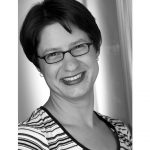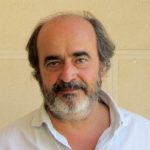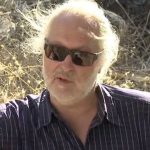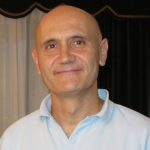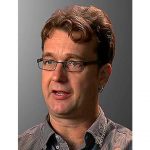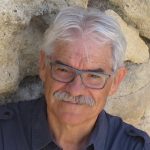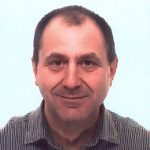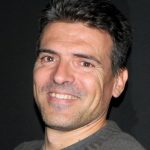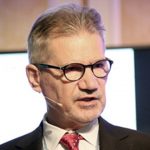Program
Provisional program, subject to changeDía 1
16/Noviembre/2017
Día 2
17/Noviembre/2017
9:00 - 9:30
MARQ
The violent dawn of the Salzmünde society around 3300 BC
Above the course of the river Saale the earthwork of Salzmuende presents itself proudly. Quite obvious it exudes power. But it is not a stronghold. There are many elaborately built... Read More
The funerary rites of 6th to 3rd millennium BC in the East of the Iberian Peninsula. Outlook and problematic of a biased archaeological record
In the first two decades of the 21st century our knowledge about the funerary record in the Central Mediterranean Region of the Iberian Peninsula has increased tremendously. The studies and... Read More
At the verge of a new world: Society and ideology around 2200 BC
From 2005 to 2008 our Institute has excavated in cooperation with the State Office for Heritage Management and Archaeology Saxony-Anhalt a monumental circular enclosure at Pömmelte, next to the river... Read More
The formation and expansion of the El Argar society in 2200-1800 BC
The time around 2200 BCE was marked in the Iberian Peninsula, and particularly in its southern regions, by profound social, political, and ideological changes. A substantial number of 14C dates... Read More
13:00 - 13:45
Round Table
13:45 - 16:00
Lunch
Funerary practices and social development beyond the territory of El Argar
From the seminal studies of the nineteenth century, the analysis of the dissymmetries in the funerary record of the Bronze Age societies of the Iberian Peninsula has been a key... Read More
Metal production and circulation in Bronze Age Europe
The hypothesis that trace element concentrations should be a guide to the provenance of ancient metals has been formulated more than hundred years ago. Although very large analytical programs of... Read More
9:00 - 9:45
Gold, power and warfare. New insights into central German Únětice societies
After 15 years, the research results on the context of the Nebra sky disc not only allow a multitude of statements on the object itself, they also prompt fundamental reconsiderations... Read More
9:45 - 10:30
Continuity and rupture after El Argar: The Late Bronze Age in the Southeast and East of the Iberian Peninsula
In the 1970s, the works of researchers such as F. Molina and O. Arteaga allowed to characterize the end of Prehistory in the Southeast of the Iberian peninsula. Their studies... Read More
10:30 - 11:00
Coffee-Break
11:00-11:45
The end of the Bronze Age and the beginnings of Iron Age in the Southeast of Iberia
The Southeastern territory of the Iberian peninsula during the Late Bronze Age and the Ancient Iron Age is analyzed. The study emphasizing on the analysis of the interaction between the... Read More
The contribution of bio-archaeological research in the present discussion on emerging complexity in Bronze Age Europe
The Neolithic lifestyle developed in the Near East about 12,000 years ago and spread into Central Europe and the Iberian Peninsula via different routes during the following millennia. Funded by... Read More
12:30-13:15
Round table
13:15-13:45


